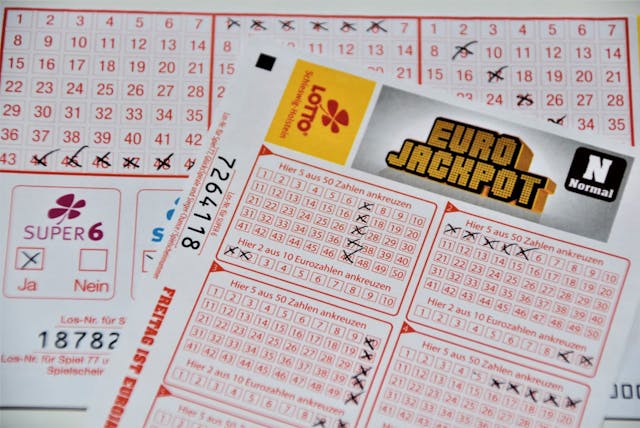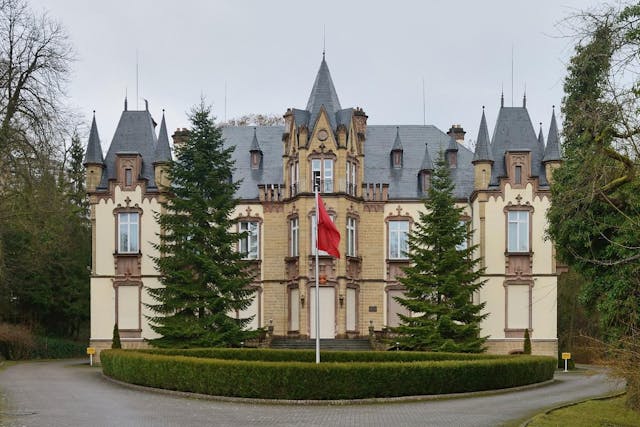Water scarce in the EU?

engin akyurt, Unsplash
In time for World Water Day on 22 March, Eurostat has published an update on water security in the EU. Against a backdrop of rising temperatures, more frequent droughts and pressure on water resources, the issue of water scarcity in Europe no longer seems a distant prospect - it is already a reality, as measured by the Water Exploitation Index Plus (WEI+).
This indicator reflects the share of freshwater consumption in total renewable water resources. A level above 20 per cent is considered a sign of water scarcity, while a level above 40 per cent indicates severe water stress.
In 2022, the EU average WEI+ is 5.8%, the highest level since observations began in 2000 and 0.9 percentage points higher than in that year. Although the overall figures appear subdued, this increase indicates a gradual and sustained increase in water stress.
The situation in southern countries is particularly alarming. Cyprus showed an extreme level of water deficit - 71 per cent, while already in 2000 this index was 59.5 per cent. In Malta, the index was 34.1 per cent, and in Romania - 21 per cent, which also indicates permanent tension in the water system.
Greece (13.8 per cent), Portugal (10.1 per cent) and Spain (8.8 per cent) are still below the critical level, but still above the European average and at risk - especially given the seasonal peaks in water use during the tourist season and in agriculture.
At the same time, Latvia, Croatia, Sweden, Slovakia, Latvia, Lithuania, Slovenia, Finland and Luxembourg are in a favourable water balance zone - their WEI+ indices are below 1%, indicating a sustainable water supply.
Although EU averages do not cause panic, regional differences and seasonal peaks in water stress make the problem more acute than it seems. The southern regions of Europe are already living with an unstable water balance, and unless there are systemic changes in water management, water scarcity may cease to be the exception and become the new norm.





